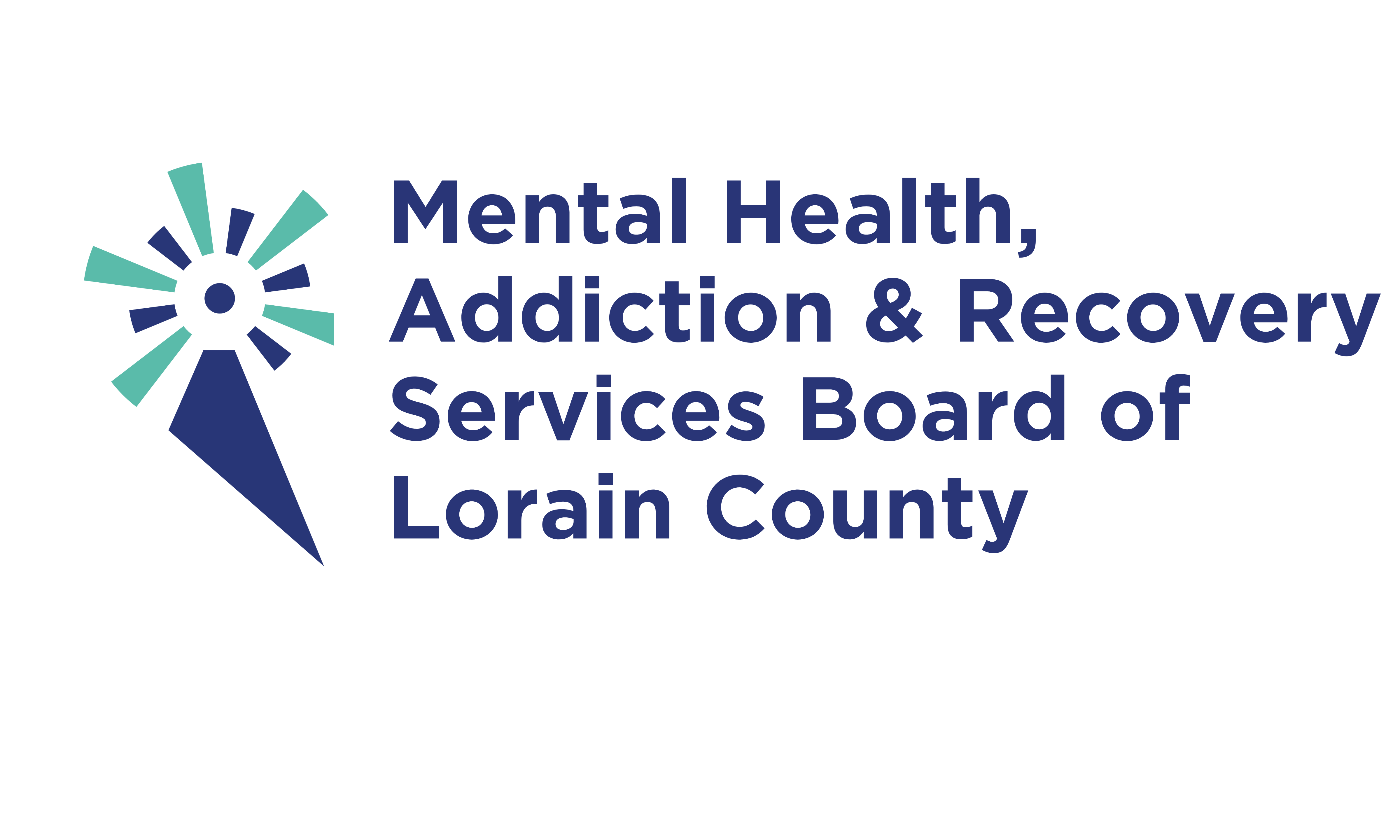Lorain County Crisis Receiving Center
In May 2021, the Mental Health, Addiction and Recovery Services (MHARS) Board of Directors voted to allocate up to $4 million toward the construction of a Crisis Stabilization Center. The Lorain County Board of Commissioners voted in August 2021 to allocate an additional amount up to $4 million to fund the project. The County dollars are funded by proceeds from its opioid settlement and the American Rescue Plan Act (ARPA) funding. In addition, the MHARS Board is in the process of securing $750,000 in funding from the Ohio Department of Mental Health and Addiction Services (OhioMHAS). Private donations and foundations such as the Nord Family Foundation (NFF), are being finalized and are expected to total approximately $2 million. In addition, NFF has approved $23,000 toward the cost of a project manager. While funding for this facility was secured in 2021, planning for this project has been in the planning for a few years with the aid of various community partners.
The facility would be the first of its kind in Lorain County-a “no wrong door” for those experiencing a mental health or addiction crisis to access services. The building would offer 32 beds, 16 for those struggling with mental health issues and 16 for those struggling with addiction. It would be staffed by mental health and addiction specialists who are best able to assist when a person experiences a crisis. It is proposed that the facility be completed in phases. Phase 1, a pilot program, has been in operation since the Fall 2020. Phase 2 would be full operation of the facility.
In March 2022, the MHARS Board issued a Request for Proposals for architectural and engineering services. Click here to read the RFQ.
In March 2022, the US Congress awarded $1.5 million to the Lorain County Crisis Receiving Center. Click here to read more.
Below are some frequently asked questions about the project:
Q: Why is this crisis center needed?
Currently in Lorain County, no such facility exists. Although there are providers who offer crisis services, they are segmented throughout the county-some specializing in mental health services and others in addiction -without a designated entry point for individuals in crisis to
access emergency services. This leaves those in crisis and their families without a clear path to access mental health and addiction services at a critical time. This facility modernizes our approach to crisis care in Lorain County. Our goal is to ensure no one in need of mental health or addiction services is turned away.
It is also important to consider that many individuals in crisis end up in the care of law enforcement. Rather than tasking the justice system and law enforcement officers with treating people who are struggling with medical behavioral health conditions, those who are non-violent offenders will have appropriate alternative to arrest or emergency room visits with access to this center. This approach will reduce the number of persons with mental illness in jails and demonstrate this community’s commitment as a Stepping-Up community.
Q: Who will construct the facility?
The Lorain County Community Foundation has been designated by the MHARS Board to maintain the commitments from private donors with support from the Peg’s Foundation. These funds are designated for the construction of the facility. The MHARS Board would issue a request for qualifications (RFQ) for a project manager. The project manager would develop a request for proposals (RFP) to identify an architect for the project.
Q: Who will maintain the facility?
The MHARS Board would be responsible for capital repairs and maintenance of the facility and this activity will be performed under a contract with a property management entity. The Nord Center would enter into a long-term lease arrangement with the project owner.
Q: Who will operate the facility?
During Phase 1 planning, the MHARS Board has identified provider agencies to manage care of individuals at the facility to kick off this project. The providers would also focus on looking into the proper accreditation and certification requirements necessary for the delivery of behavioral health services at the new location. The providers would continue to engage private donors and outreach to the philanthropic community while the MHARS Board would engage local governments. Peg’s Foundation will assist in seeking support nationally to keep this important facility operational well into the future.
